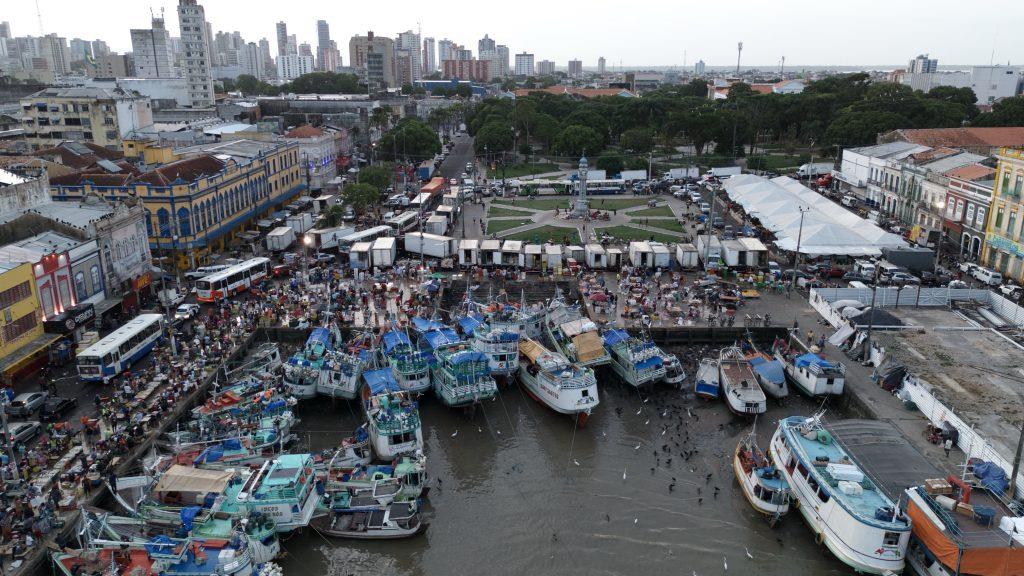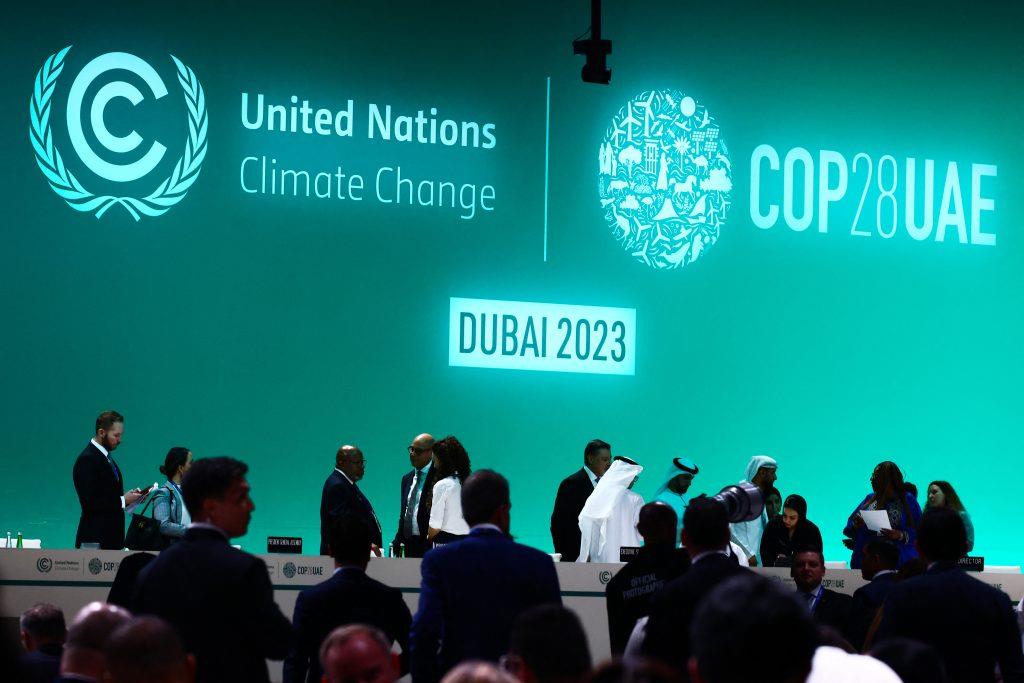
Brazil Faced With Climate Challenge As Year Begins
Nobre points out that COP27 in Cairo, Egypt, COP28 in Dubai, United Arab Emirates, and COP29 in Baku, Azerbaijan, failed to deliver the expected progress, although COP27 in Cairo did establish the Loss and Damage Fund, and COP28 emphasized for the first time the need to transition from fossil fuels to renewable energy. The Loss and Damage Fund is a mechanism where developed countries make voluntary contributions to support developing nations affected by the climate crisis.

Belém, Brazil, will host the COP30
Other COP editions, such as COP26 in Glasgow, Scotland, and COP21 in Paris, were crucial in setting the global emissions cap, aiming for a 1.5°C increase compared to pre-industrial levels. The event in Scotland set 2050 as the target year to achieve net-zero greenhouse gas emissions.
At the beginning of COP29 last November, a study was presented calculating that USD 1.3 trillion per year is needed to finance the global energy transition. However, only USD 300 billion in public and private financing was approved to be contributed by wealthy countries.
The amount is considered insufficient by non-wealthy nations, which leads to the continuation of the debate for the COP in Brazil.“The goals of COP30 are likely no longer about preventing the temperature from exceeding 1.5°C because there's no way to immediately zero out greenhouse gas emissions,” warns Nobre. Poor and developing countries do not have the same resources as wealthy nations to prepare for the climate emergency.
While the debate continues on how to finance the response to and changes required by global warming, the planet continues to heat up. Between 2023 and 2024, the world is expected to have experienced 17 consecutive months of average temperatures higher than any previous record. Between January and September of 2024, the global average temperature surpassed pre-industrial levels by 1.54°C, exceeding the target set by the Paris Agreement.
In 2018, the special report released by the Intergovernmental Panel on Climate Change (IPCC ) showed that when global temperatures and oceans increase by 2°C, coral reefs would face extinction. Coral reefs store between 18% and 25% of all marine biodiversity.
Nobre warns of another troubling climate data. In 2023 alone, global warming reached 0.3°C.“In recent decades, it was warming by 0.2°C per decade. It warmed by 0.3°C in one year, and we need to see whether it will decrease or not. If it doesn't, the challenge becomes much greater,” he warns.
Brazil and Arabs expected to contributeBrazil and Arab countries can contribute to reducing global emissions. In 2022, according to Nobre, based on emission inventory data, 75% of Brazil's greenhouse gas emissions were generated by“land use”, 50% of these resulting from deforestation and 25% from agriculture.
“The calculations showed that, in that year, emissions from fossil fuel burning accounted for 18% [of Brazil's emissions]. So, Brazil must significantly accelerate its emission reductions by eliminating deforestation,” he says.

COP28 in Dubai: Event concluded with declaration on transitioning from fossil fuels to renewable sources
Agriculture and livestock also play a fundamental role in this journey.“Low-emission agriculture is possible. It's called regenerative agriculture and livestock farming-they are much more productive, even more profitable, emit far less, and use a significantly smaller area. So, all of this is achievable. This is the path Brazil must take,” he says.
The Arab Gulf countries can even become leaders in the energy transition because they are wealthy nations and major oil producers and exporters.“Not only within their own countries but also in financing, as the transition requires investing trillions of dollars annually in energy transformation. Arab countries certainly have a very important role to play,” he says.
If financing does not meet the necessary levels, if the planet warms beyond 1.5oC, and if emissions are not reduced, the expert predicts that events like the one in Mecca last year will continue to occur. In June, over 1,300 people died due to a heatwave that reached 51.8oC during the Hajj, the annual pilgrimage undertaken by Muslims to the holy city in Saudi Arabia. Events like the one in 2024, the climatologist notes, are beginning to impact the cultural life of society and will demand adaptation measures that are currently unimaginable.
Read more:
COP30 sparks Arab interest in Brazil
Translated by Guilherme Miranda
©Nelson Almeida/AFP©Pablo Porciuncula/AFP ©Beata Zawrzel/NurPhotoNurPhoto/via AFPThe post Brazil faced with climate challenge as year begins appeared first on ANBA News Agency .
.jpg)
Legal Disclaimer:
MENAFN provides the information “as is” without warranty of any kind. We do not accept any responsibility or liability for the accuracy, content, images, videos, licenses, completeness, legality, or reliability of the information contained in this article. If you have any complaints or copyright issues related to this article, kindly contact the provider above.





















Comments
No comment